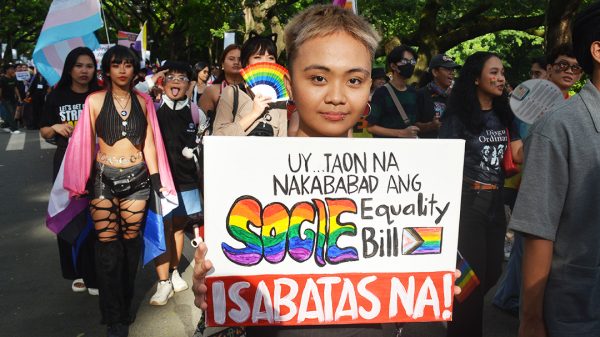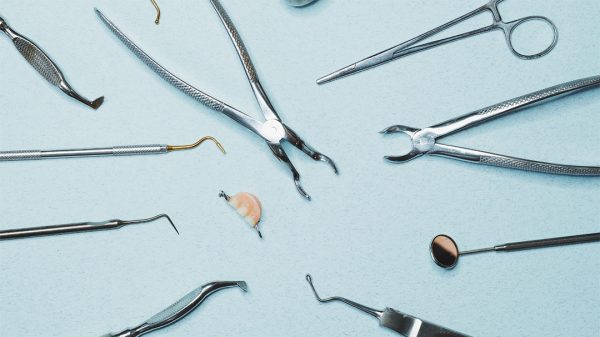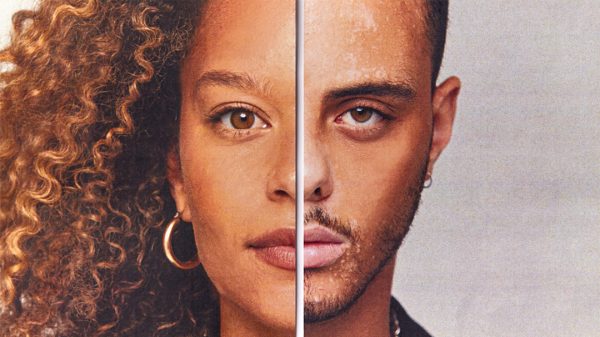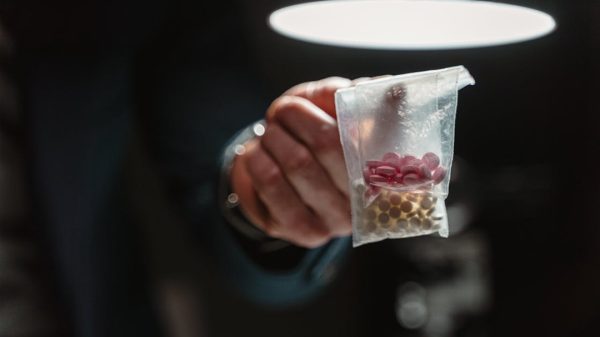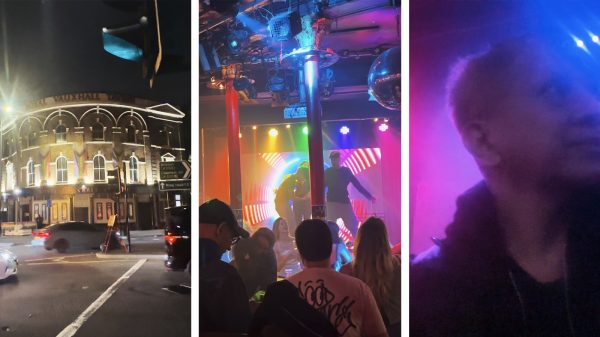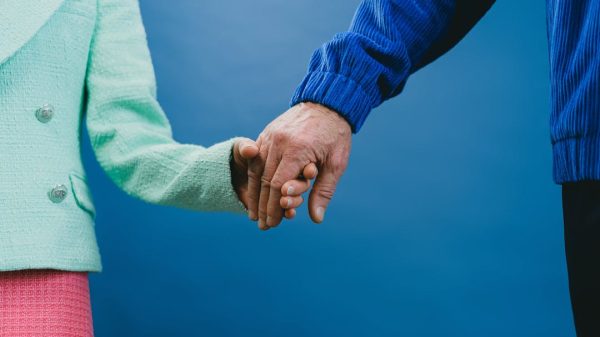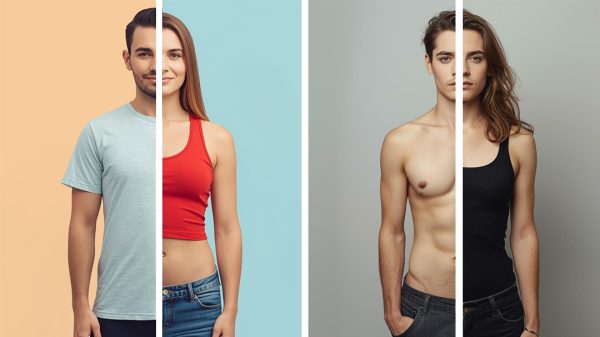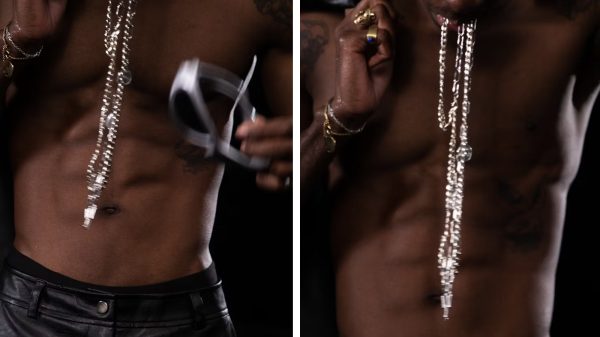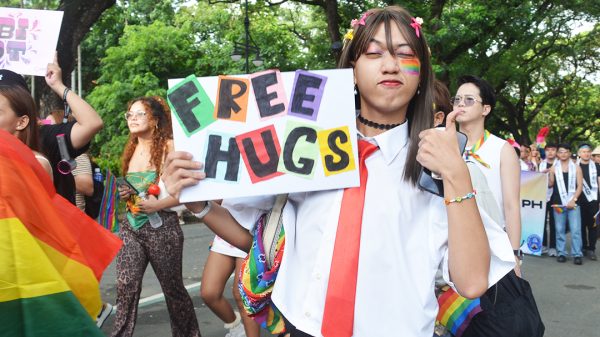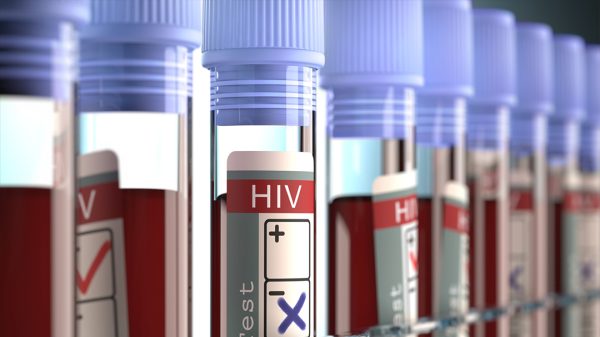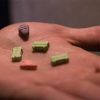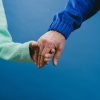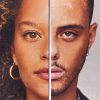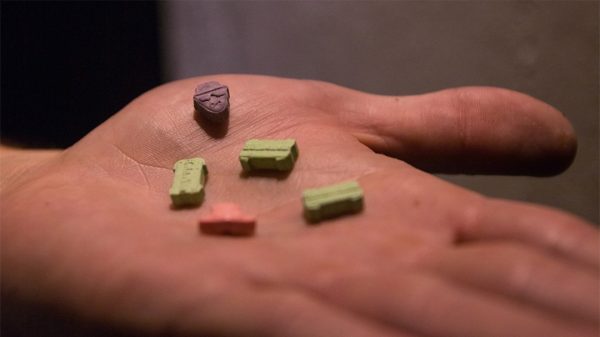People tend to discriminate in favor of individuals who show a similarity to them, even when the similarity arises from a random event like the flip of a coin.
This actually counters to traditional theories, in particular social identity theory, that assume that discrimination occurs because we divide people into groups. It finds, instead, that differences between individuals are enough to trigger discrimination.
This is according to a study – “Unequal resource division occurs in the absence of group division and identity” by Eliane Deschrijver and Richard Ramsey – that appeared in Proceedings of the National Academy of Sciences.
The study included seven separate experiments and analyzed data from more than 1,400 UK-based participants. Participants were asked to either repeatedly choose their preferred painting from two (one by Vassily Kandinsky and another by Paul Klee), estimate the number of dots presented in a ‘cloud’ of dots or take part in a coin toss.
After each choice or coin flip outcome, participants were asked to assign money to another individual. The only information participants were given about that individual was their outcome in the same scenario. Someone asked to pick between two paintings, for instance, was told which painting the person they were allocating money to preferred.
On average, participants allocated 43.1% more money to another person demonstrating the same judgement or, in the case of the coin toss, the same chance outcome to their own.
“These findings can have implications for how we understand, and eventually address, discrimination,” Deschrijver said. “If humans divide resources unequally after a mere chance difference, discrimination may be more widespread and happen for different reasons than presumed at present.”
Deschrijver said that it was always thought discrimination occurs because people are assigned to groups and favor those in their own group over others. “Our research demonstrates it’s possible some of our discriminatory tendencies are driven by individual processes. The most surprising finding was that participants would discriminate based on a coin flip. This shows us the most randomly derived dissimilarities can drive us to divide resources in unequal ways, which can be a precursor of discrimination.”
Previous research had shown people can discriminate towards an individual after a more meaningful difference, such as disagreement about one’s values or political or religious views.
The reasons why people may discriminate after a seemingly irrelevant individual difference remains subject to further research, Deschrijver said. “Because these are basic scientific results, their implications for interventions designed to prevent discrimination are highly speculative.”
Co-author Ramsey said the results may be linked to how the human brain responds to conflicting information. “We know from research in cognitive neuroscience that detecting a difference often comes with a conflict signal in the brain, as well as with negative emotions. Detecting sameness with another person may hence lead to more positive emotions and a more favorable treatment.”

